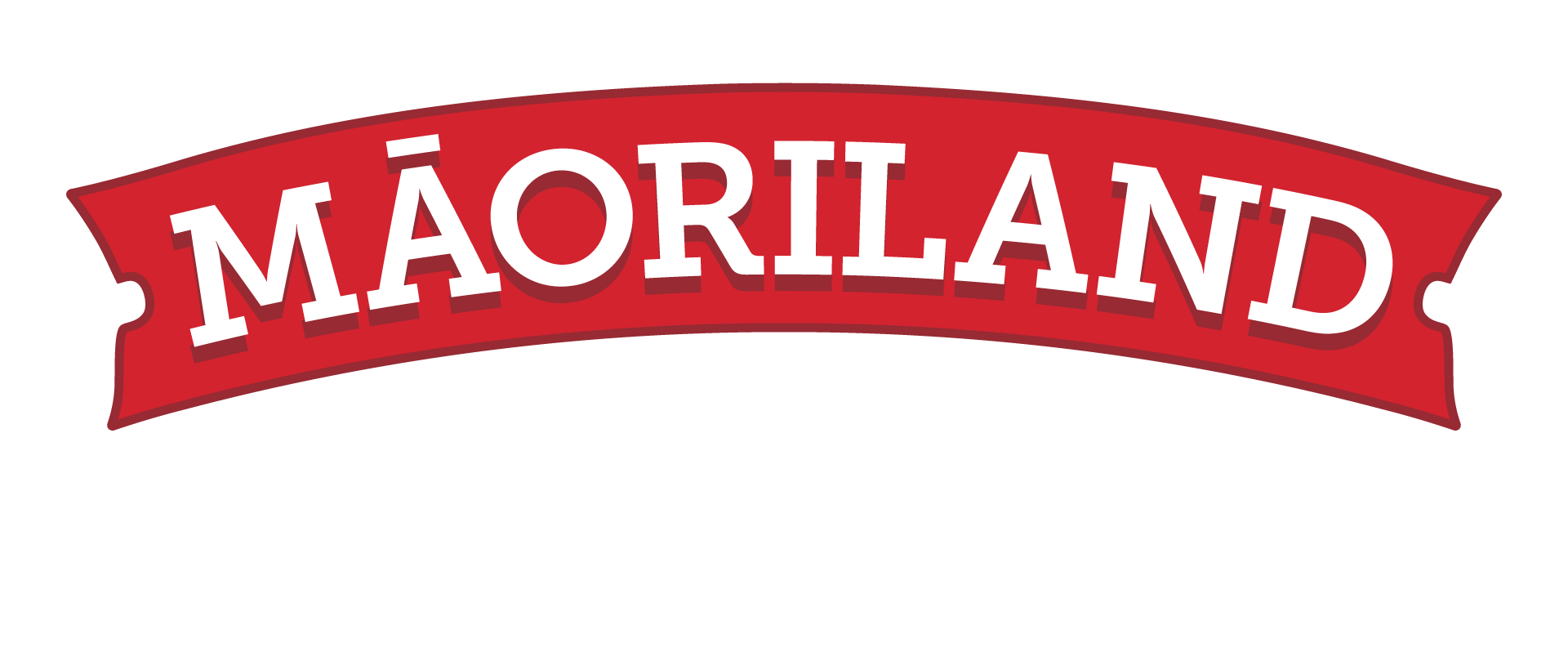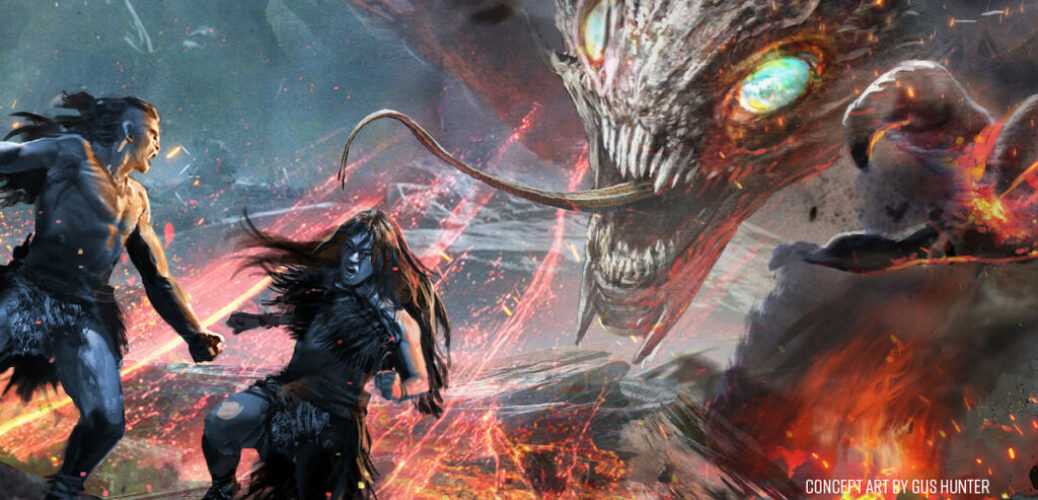New Zealand Readies for ‘Authentic, Unique and Indigenous’ Monster Movie ‘Taniwha’: ‘Like Wakanda, This is a World That Hasn’t Been Seen Before’
This article was written by Marta Balaga and originally published by Variety.
Beware! New Zealand is ready to hear the roar of its first “authentic” monster movie, “Taniwha.”
“If you ask any New Zealander what our own unique Indigenous monster is, they will immediately reply: Taniwha!” explains director Libby Hakaraia.
“In our Māori culture, they are very real: Every tribe has their own. They inhabit waterways, mountains, rivers, oceans and forests, and take many shapes. They are to be feared and respected as guardians, and they are avengers of wrongs.”
Now, they will also star in the film produced by Tainui Stephens and Desray Armstrong (Māoriland Productions), recently presented to the industry insiders at Canada’s Frontières.
The “monster thriller,” already in the advanced development stage, will boast the participation of Wētā Workshop.
“In the world of this film, Aotearoa [Māori name for New Zealand] had the world’s largest birds. The moa, a flightless bird over 2.6 meters tall and the pouakai, an eagle with a wingspan of 3-4 meters. We are talking to Wētā about how we can create these as animatronics, as well as the taniwha itself,” says Hakaraia.
“Our monster is inspired by the tuatara, the only survivors of an ancient group of reptiles from 200 million years ago. They are only found in New Zealand and are considered sacred by our Māori tribes.”
The film, written by Ricardo Giraldo, is set in New Zealand 1,000 years ago, when humans still respected the laws of nature.
When their peaceful world is completely destroyed by a brutal tribe, Keiha and Waikura, a devoted young couple, are chosen to lead the survivors to safety. Soon, Keiha disregards his wife’s advice and veers away from the agreed destination. As they venture into a strange yet seductive valley, Waikura’s intuition tells her something otherworldly is tracking them.
“These people, they have never encountered violence or murder and have only ever known peace and their artisan village existence. ‘Taniwha’ breaks away from the tired cliché of the noble savage and smashes stereotypes, especially in regards to gender roles,” adds Hakaraia.
“It showcases a truly empowering female protagonist in Waikura. The male lead is the one who fails to rise to the challenge of leadership, but he accepts his mistakes and seeks forgiveness.”
Despite its setting, the dialogues in the film will be “entirely relatable,” she assures.
“We believe we aren’t that different from our ancestors in the way we would have communicated with each other,” she notes. Also teasing upcoming collaborations with celebrated Māori artists, which will bring “elevated design and style” to the film.
“This is not a world of primitive people and their crafts, but of high arts and a culture integrated with nature: an authentic Polynesian paradise of peace and natural abundance. Like ‘Black Panther’s’ Wakanda, this is a world that hasn’t been seen before.”
According to Hakaraia, it’s a very good time for an “epic” monster movie. Especially one the audiences haven’t really experienced before.
“The growing interest in Indigenous film voices, as proven by the recent success of ‘Prey,’ inspires us,” she says, also mentioning “the menace” of “Apocalypto” and “A Quiet Place.”
The team is hoping “Taniwha” will satisfy viewers intrigued by the new perspectives of Indigenous stories, she notes, and become yet another example of successful Māori stories, from “Once Were Warriors” and “The Dead Lands” – also produced by Stephens – to Taika Waititi’s breakout “Hunt for the Wilderpeople” or Armstrong-produced “Coming Home in the Dark.”
“We are calling our film authentic, unique and Indigenous,” she states.
“Authentic, because it’s [filled] with emotional authenticity of human beings who are one with the truths and the warnings of their natural environment, the only world they have ever known.”
“Unique, because it’s a new vision of monster stories we know and love, an entertaining film to take you someplace new.”
“Indigenous, because this is a genre film with Native weight. Only Māori can tell this story.”

